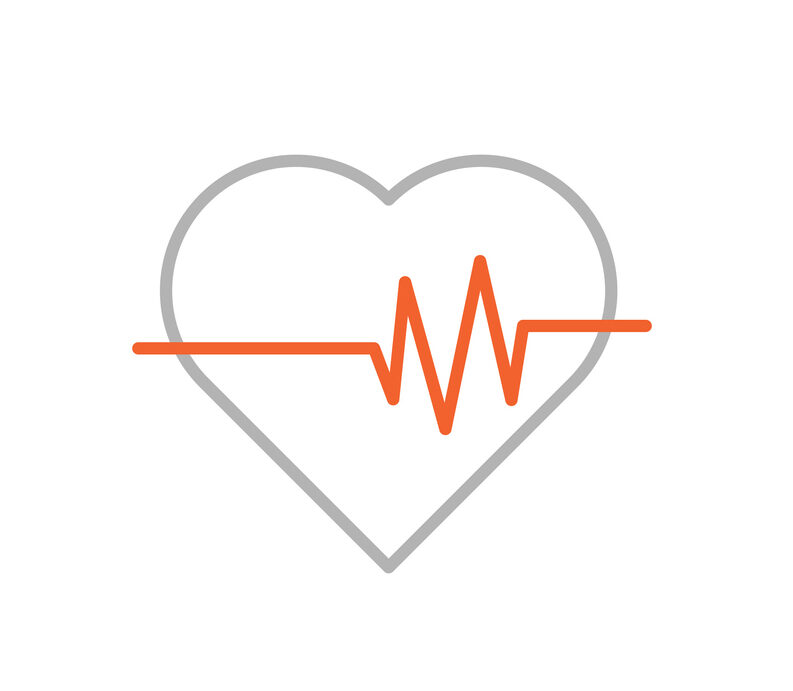
Advara HeartCare @ Home
Combining technology with
world-class patient care.
By combining technology with world-class patient care and experience, we can monitor your heart no matter where you are. Through Remote Monitoring with Advara HeartCare @ Home we are able to provide peace of mind that your heart is being monitored, even when you’re not seeing a cardiologist.
Whether out enjoying time with your family, or in the comfort of your own home, we take care of your heart so that you can focus on living.

What is device remote monitoring?
What is device remote monitoring?
Cardiac device remote monitoring allows implanted devices (such as pacemakers and defibrillators) to be monitored and checked remotely, without a patient needing to attend a clinic. This is done using mobile network coverage, a standard telephone landline connection or a wireless internet service, depending on the monitor type.
Improvements in pacemakers and defibrillators mean that the latest devices and monitors are very sophisticated. If they are wireless, they will automatically check that your implanted device is working properly every day while you sleep. Once remote monitoring set up, there’s usually nothing else for you to do.
What are the benefits of remote monitoring?
What are the benefits of remote monitoring?
You want to get on with your life, whether that means spending time with family or going for a walk with the dog. Remote monitoring means you spend less time in hospitals and more time getting on with the things you want to do. We monitor your device remotely, and we can let you know if or when you need to come in for a check-up.
Remote monitoring is primarily designed to make it safer and more convenient for you and your doctor to manage your heart condition and implanted device.
Note that a ‘device’ is the implanted equipment that works to keep your heart functioning. The ‘monitor’ refers to the equipment that checks and transmits information about your device.
The latest generation of devices and remote monitors will:
- Increase the speed of critical information reaching your cardiologist
- Increase your safety by faster transmission of alerts
- Save you the time and hassle of multiple clinic visits
How does it work?
How does it work?

As well as continuously monitoring and regulating your heart’s rhythm, your device also stores information about your heart’s performance (e.g. heart rate, normal and abnormal rhythms, etc.), as well as the performance and integrity of the device itself (e.g. battery life, lead function, etc.).
Traditionally, patients need an in-clinic (i.e. face-to-face) follow-up every six to 12 months to verify the integrity of the device and, if necessary, to make any changes to the device’s settings. Devices which use the manufacturer’s Remote Monitoring Network are able to send information about your implanted device directly to our clinic from your home.
When a monitor records the information stored in your device, it can then “talk” with a special computer using the mobile network (most commonly), or a standard telephone landline or wireless internet service. The information available from the device manufacturer’s Remote Monitoring Network is essentially the same as the information which is available from your implanted device during a routine in-clinic visit.
You do not need access to a computer or mobile phone to use this service. You only need to have mobile network coverage, a standard telephone landline connection or a wireless internet service. The type of connection you can use will be discussed when you see your doctor at the first visit after your implant procedure.
Once set up, the wireless remote monitor will check your implanted device once every day. If an issue is detected, it will send an alert and associated data to the clinic where it will be reviewed during normal office hours. You will be contacted if there are any concerns.
There are two types of monitors:
Important information:
- The remote monitoring service is not an emergency information (or treatment) system. In an emergency or in case of any type of medical complaint, notify your physician or GP immediately or call 000
- Your monitor should only be used when you are instructed by your clinic or physician to do so
- Your physician will only evaluate data during standard office hours, and will contact you if necessary
- Your physician will only use the information in support of your medical treatment
- The remote monitoring service does not totally replace the need for standard in-clinic (i.e. face-to-face) follow-up visits, which are necessary to maintain optimal device performance
- Do not try to send information via your monitor. The website is not monitored continuously 24 hours a day



